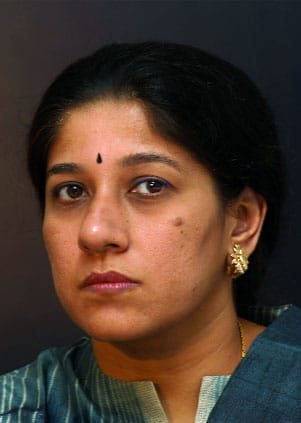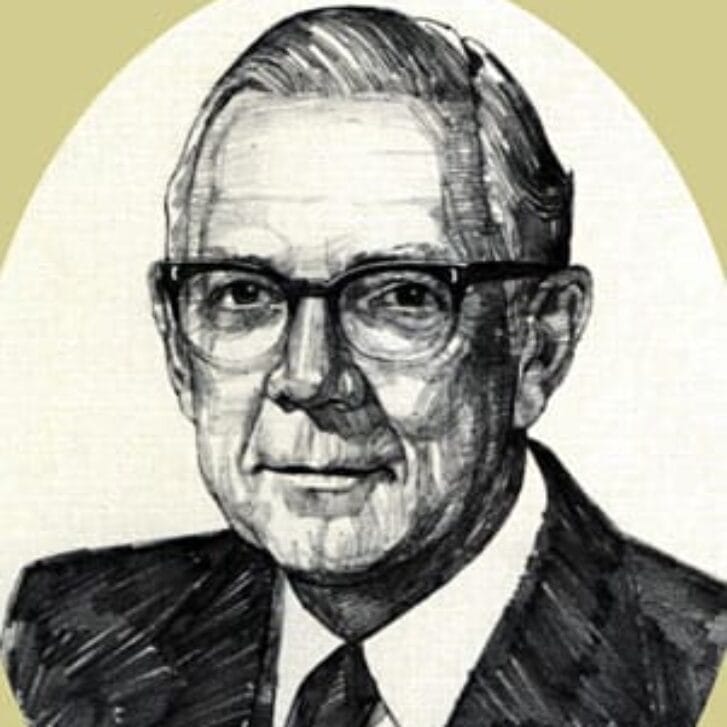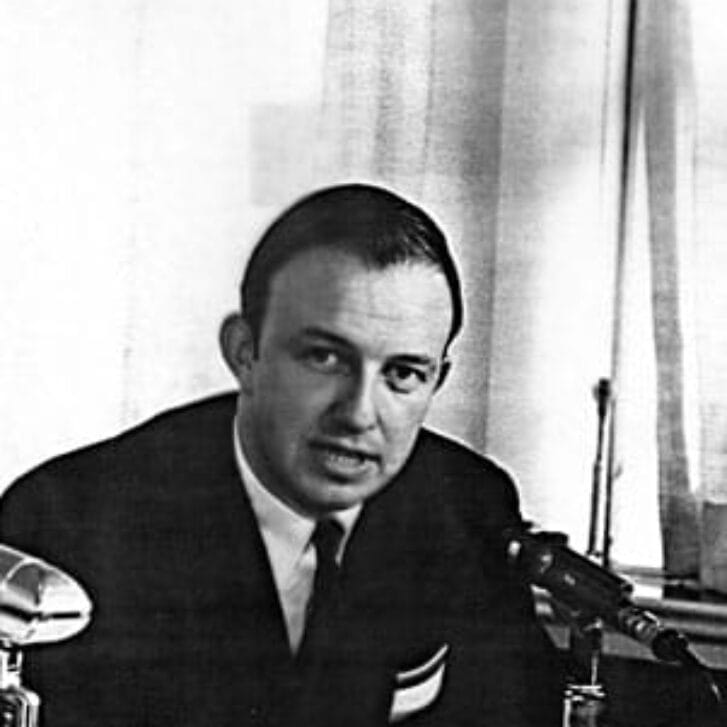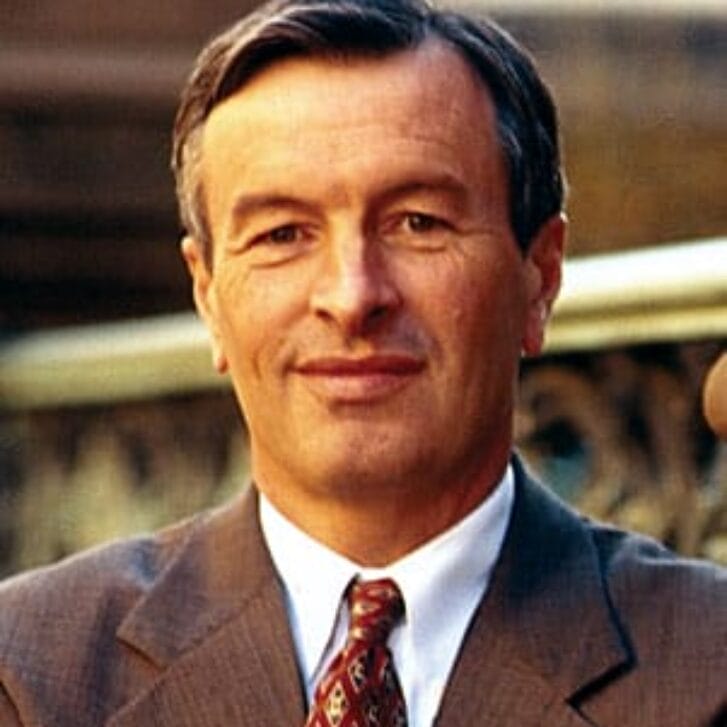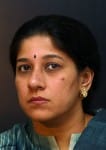 As CEO of Chennai, India-based Tractors and Farm Equipment (Tafe), Mallika Srinivasan leads a traditional manufacturing business, but she is not a traditional leader. In her two decades as a leader at Tafe, she has transformed the company through innovative products and processes, multiplying revenue by a factor of 30.
As CEO of Chennai, India-based Tractors and Farm Equipment (Tafe), Mallika Srinivasan leads a traditional manufacturing business, but she is not a traditional leader. In her two decades as a leader at Tafe, she has transformed the company through innovative products and processes, multiplying revenue by a factor of 30.
In 1986, soon after getting her Wharton degree, she returned to India to take on the challenge of running a dusty, fading part of her family’s business. Her father, industrialist A. Sivasailam, chairman of the Amalgamations Group, wanted to see what she could do with Tafe, then a small part of Amalgamations.
“I had the freedom of choice in a lot of other things, but not in choosing the line of business,” she told the Economic Times. “He believed that I could learn a lot here.” Srinivasan knew that India, despite its growth as a powerful industrial and technical services economic force, was still essentially an agricultural nation. But that didn’t mean that Tafe’s tractors had to be so old-fashioned—even farmers wanted newer and more sophisticated equipment. Srinivasan invested revenue back into research and development. Tafe introduced new models of tractors and other farm equipment almost annually, just as the car companies do. She focused on re-engineering its processes and invested heavily in enterprise resource planning.
And it paid off. Revenues increased from less than US $20 million in 1986 to US $660 million in 2006. Along the way, Srinivasan masterminded the acquisition of a rival company in early 2005. Tafe is now second in market share in India, generating brand loyalty among farmers who crave innovative, technically advanced products. Srinivasan, whose company runs schools and hospitals in Chennai, also brings a principled and humane view to business. She has made an effort to increase the number of women engineers and workers in her factories, saying that diversity is an essential prerequisite for innovation.
“Profits are important, but only for sustaining a business,” she said in a recent Economic Times profile, when they picked her as 2006 Businesswoman of the Year. “You don’t need to love money to run a business. You have to have a dream to build an institution, to build centres of excellence, to create a great team. Business has a larger purpose … business can operate well only in the social context of educated and healthy people.”




















